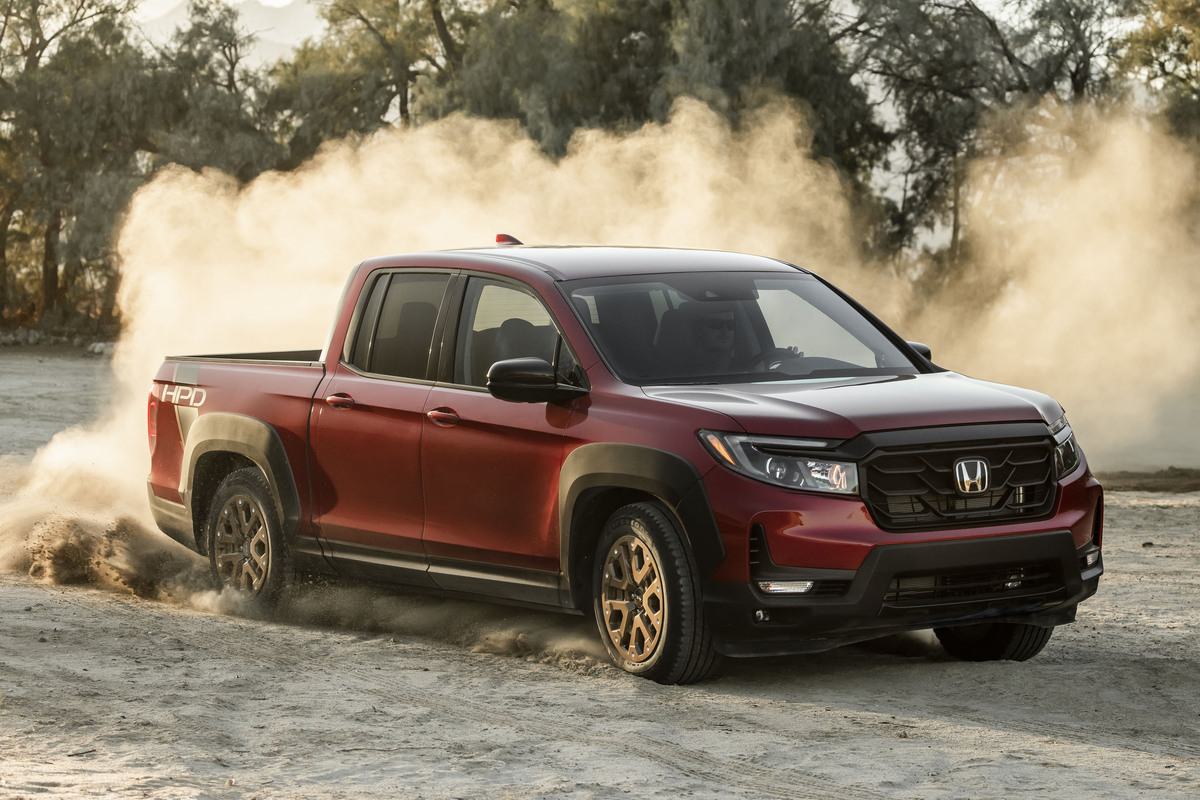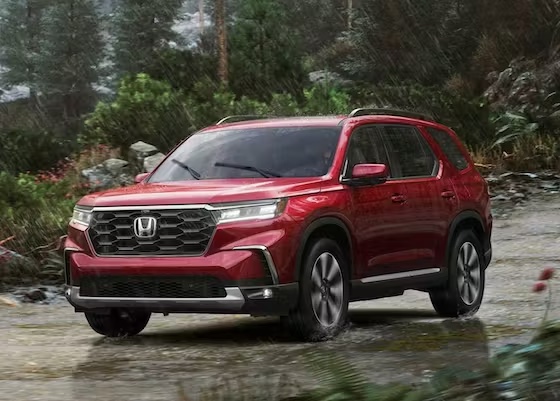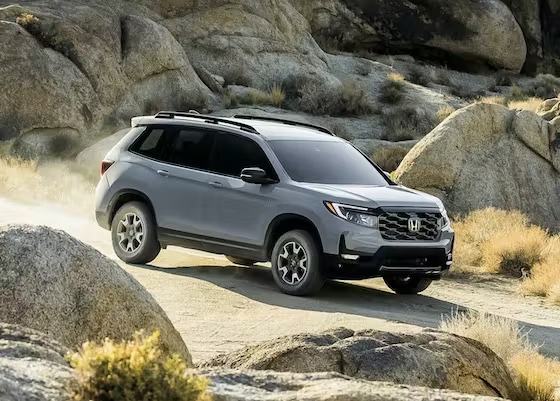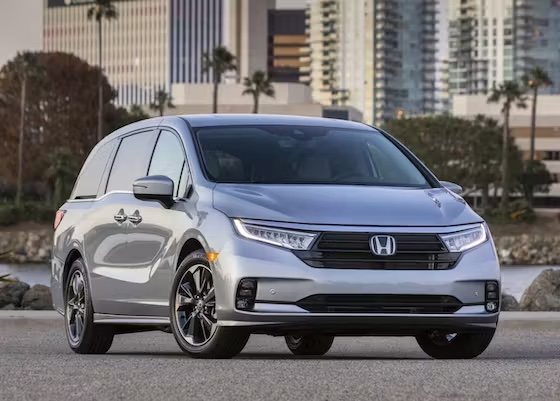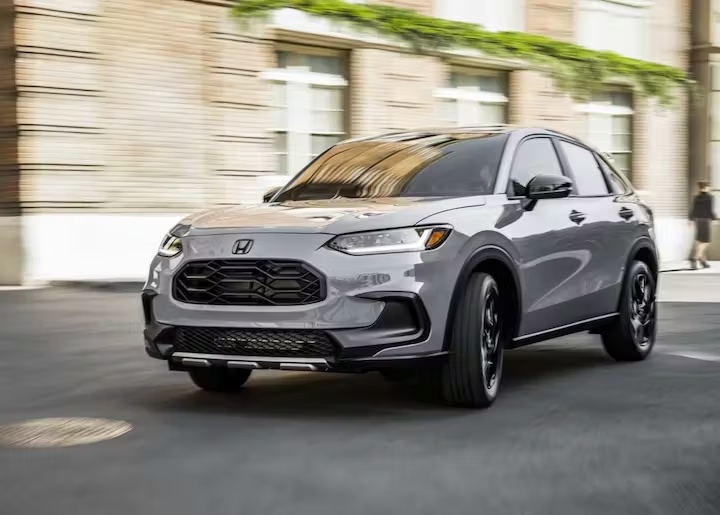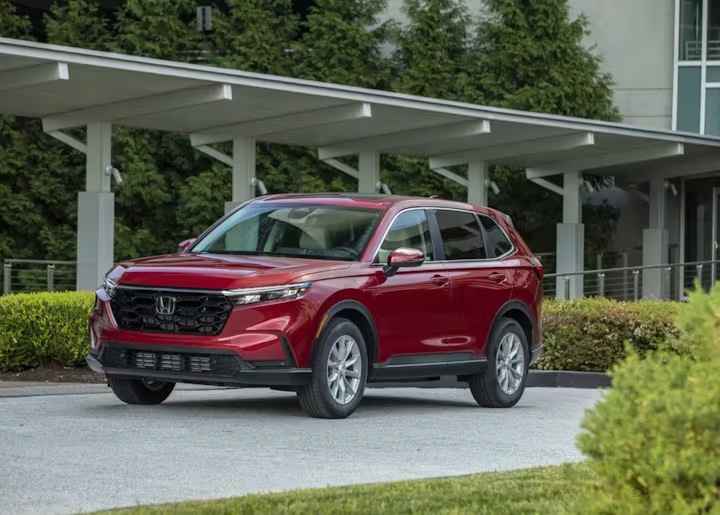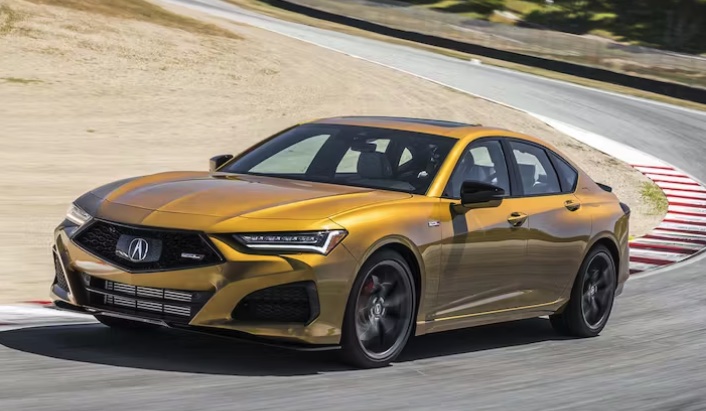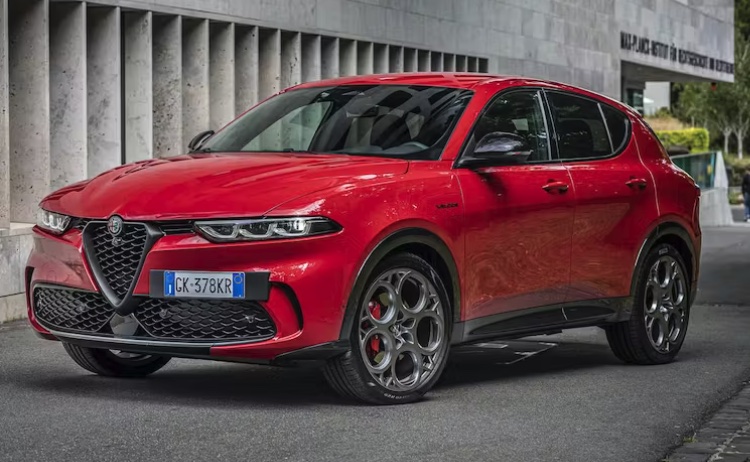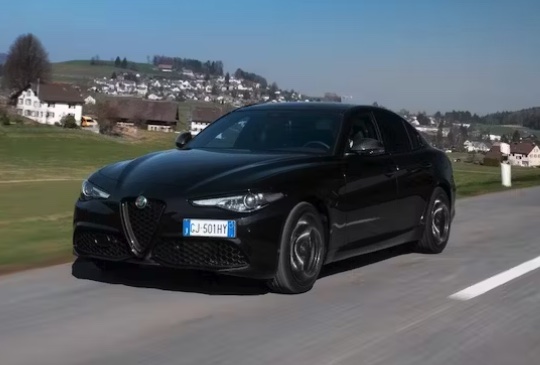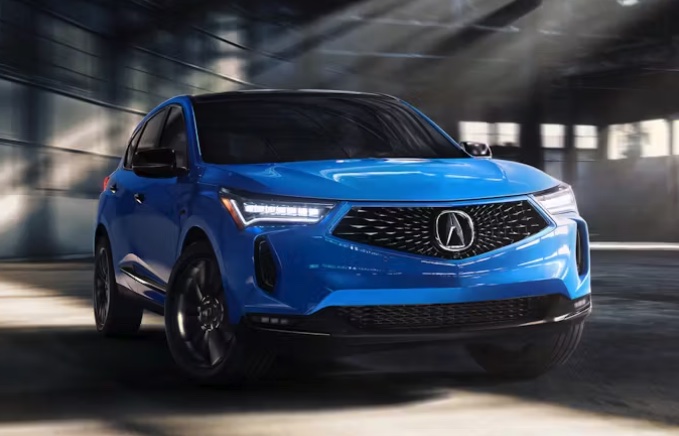Honda’s sole pickup model, the Ridgeline, persists in its challenge against its more conventionally designed midsize truck counterparts, amalgamating robust capability with a level of comfort akin to that of cars. Now entrenched within its second generation, the Ridgeline stands alone as the singular midsize pickup featuring unibody construction and an independent rear suspension — attributes it shares with the Honda Passport SUV. Notably, each Ridgeline variant comes equipped with a spacious four-door crew cab, all-wheel drive, and a commanding V6 engine.
In stark contrast, all other midsize pickups, encompassing the Toyota Tacoma, Nissan Frontier, Chevrolet Colorado, GMC Canyon, Jeep Gladiator, and Ford Ranger, adhere to the traditional body-on-frame construction, complemented by a solid-axle rear end. Consequently, these models proffer heightened off-road capability and towing prowess in comparison to the Ridgeline. However, Honda’s offering is distinct in its refined and comfortable road presence, presenting a driving experience reminiscent of crossovers. Its ride quality, handling prowess, and cabin space align more closely with those of a crossover. For a significant portion of buyers, this translates into a commendable trade-off, and an increasing number of automakers are embracing this trend.
While they may be smaller than the Ridgeline, the recently introduced Hyundai Santa Cruz and Ford Maverick serve as further instances of crossover-based pickups. They opt to prioritize comfort over sheer capability, akin to the Ridgeline’s approach.

